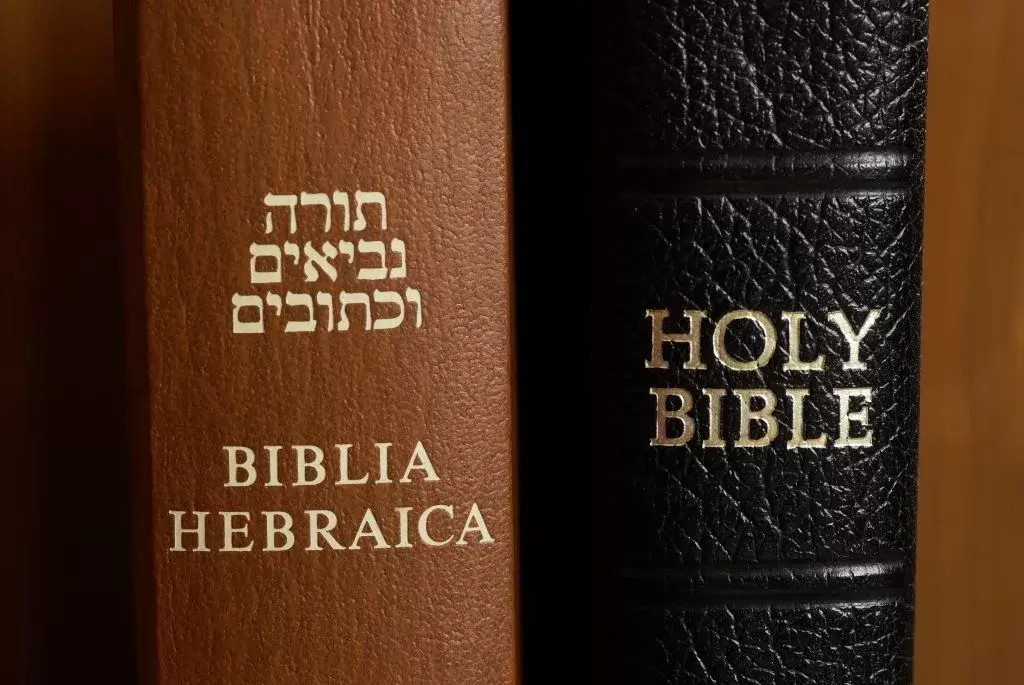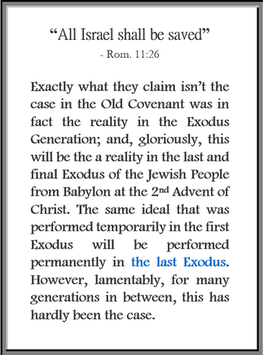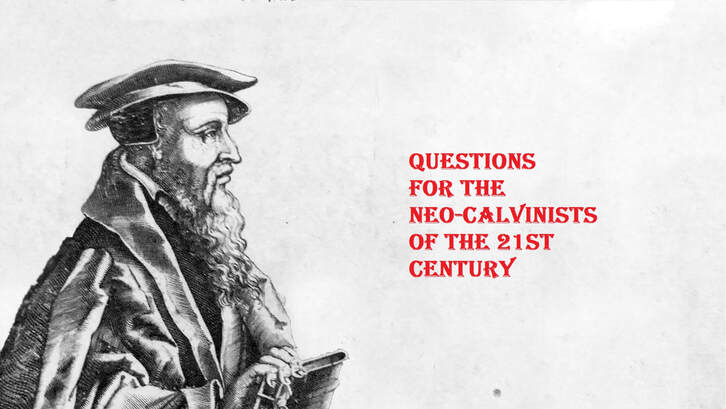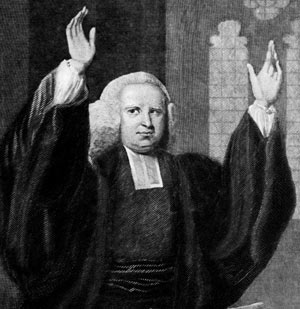The Logical Consistency of Systematic Theology
Are you a student of Theology? Do you admire the attributes of God in Christ? Suffice it to say, if indeed God can change his mind, then this ability within the Godhead should be incorporated within the grand scheme of logical consistency in Systematic Theology. Amazingly, most Calvinists deny that God can change his mind at all, even though this very phenomenon appears in Scripture many times.
| 𝗜𝗳 𝗶𝗻𝗱𝗲𝗲𝗱 𝗚𝗼𝗱 𝗖𝗔𝗡𝗡𝗢𝗧 𝗰𝗵𝗮𝗻𝗴𝗲 𝗵𝗶𝘀 𝗺𝗶𝗻𝗱, 𝘁𝗵𝗲𝗻 𝘁𝗵𝗲 𝗳𝗼𝗹𝗹𝗼𝘄𝗶𝗻𝗴 𝗮𝗿𝗲 𝘁𝗿𝘂𝗲... 𝗝𝗼𝗻𝗮𝗵 𝗶𝘀 𝗮 𝗳𝗮𝗹𝘀𝗲 𝗽𝗿𝗼𝗽𝗵𝗲𝘁 – Jonah 3:4, 10 (after 40 days Nineveh was not destroyed) 𝗜𝘀𝗮𝗶𝗮𝗵 𝗶𝘀 𝗮 𝗳𝗮𝗹𝘀𝗲 𝗽𝗿𝗼𝗽𝗵𝗲𝘁 – Isaiah 38:1, 38:5 (Hezekiah did not die) 𝗠𝗼𝘀𝗲𝘀 𝗶𝘀 𝗮 𝗳𝗮𝗹𝘀𝗲 𝗽𝗿𝗼𝗽𝗵𝗲𝘁 – Ex. 29:9, 40:15, 1 Sam. 2:35, 1 Kings 2:27 (Eli’s family priesthood was not perpetual, everlasting, and forever) 𝗝𝗲𝗿𝗲𝗺𝗶𝗮𝗵 𝗶𝘀 𝗮 𝗳𝗮𝗹𝘀𝗲 𝗽𝗿𝗼𝗽𝗵𝗲𝘁 – Jer. 15:15-21 (Jeremiah was not carried away into the captivity of Babylon) 𝗠𝗼𝘀𝗲𝘀 𝗶𝘀 𝗮 𝗳𝗮𝗹𝘀𝗲 𝗽𝗿𝗼𝗽𝗵𝗲𝘁 - Ex.2:24, 3:8, 17, 12:25, 13:5, 11, Num. 14:30, 34 (the Exodus Generation was not brought into the Promised Land to inherit it) 𝗡𝗮𝘁𝗵𝗮𝗻 𝗶𝘀 𝗮 𝗳𝗮𝗹𝘀𝗲 𝗽𝗿𝗼𝗽𝗵𝗲𝘁 – 1 Sam. 7:12-16 (Solomon’s earthly throne was not an unbreakable and enduring establishment from generation to generation forever) |
Seeing that all these men are TRUE Prophets, the popular interpretation of Deuteronomy 18:21-22 needs to be reevaluated. However, this should not be done to excuse the hoards of false prophets among "Charismatic Christianity" today! Nevertheless, my fellow Continuationists need to make their voices heard to create some push-back against the proud and haughty Cessationist Calvinists who claim the moral high-ground on the subject and rashly anathematize people while oversimplifying the issue. Furthermore, I would urge the Neo-Calvinists of today to incorporate the reality of divine repentance into their logically consistent belief system.










 RSS Feed
RSS Feed